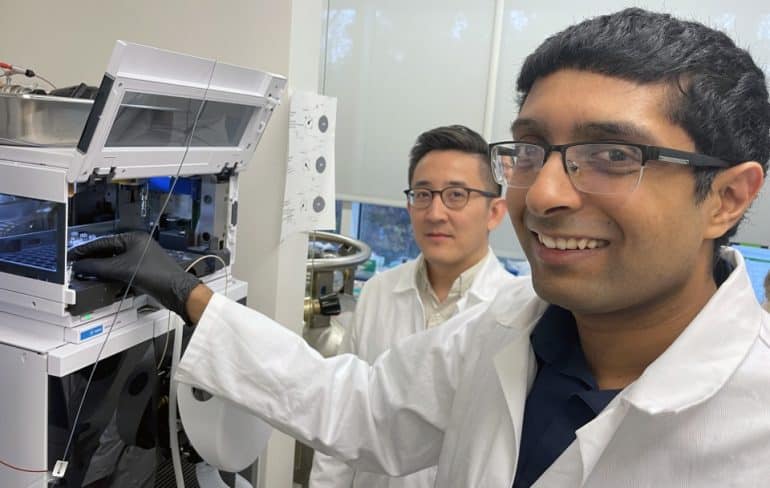Early detection of cancer is essential to improve treatment success and patient survival. However, traditional cancer detection methods often have limitations, such as long detection time, high cost, and limited accuracy. Recently, scientists have made significant advances in biosensor technology that promise to revolutionize the way cancer is detected, providing more effective tools for early diagnosis and treatment.
Novel biosensor technology
Applications of nanotechnology
Scientists have used nanotechnology to develop novel biosensors that are capable of detecting cancer markers at the molecular level. Nanosensors have extremely high sensitivity and specificity, enabling the detection of very low concentrations of cancer markers, enabling early diagnosis.
For example, researchers have developed a nanoparticle-based biosensor that is able to quickly detect specific proteins in the blood, which can be significantly elevated in the early stages of cancer.
Innovations in microfluidic technology
Innovations in microfluidic technology have opened up new possibilities for the development of biosensors. Microfluidic chips enable complex chemical and biological reactions in a tiny volume, greatly improving detection efficiency and accuracy.
By integrating biosensors into microfluidic chips, scientists are able to achieve rapid, high-throughput detection of cancer markers. This integrated system is not only easy to operate, but also provides accurate inspection results in a short period of time.
The versatility of biosensors
The new biosensors are not only able to detect cancer markers, but also monitor multiple biomarkers at the same time, providing a more comprehensive picture of health. This versatility makes biosensors have great potential for early cancer screening and diagnosis.
For example, some biosensors are able to detect multiple protein and gene mutations in the blood at the same time, providing doctors with a more comprehensive basis for diagnosis.

Figure: Novel biosensors have the potential to revolutionize cancer detection (Source: semiconductordigest)
Future Trends
A breakthrough in early diagnosis
The high sensitivity and specificity of the new biosensor allow it to detect small changes in the early stages of cancer, enabling early diagnosis. Early diagnosis is essential to improve the survival rate of cancer patients, as early-stage cancers are often treated better.
For example, by regularly using biosensors for blood tests, doctors can detect abnormalities before cancer cells spread, allowing them to take timely treatment measures.
The development of personalized medicine
The development of biosensor technology will drive the advancement of personalized medicine. By detecting specific biomarkers in an individual, doctors are able to prescribe more precise treatment plans for patients, improving treatment outcomes and reducing side effects.
For example, certain biosensors are able to detect specific genetic mutations in tumor cells, helping doctors select the most effective targeted therapy.
Widespread at-home testing
As biosensor technology continues to mature, it is expected that home testing will become widespread in the future. Patients can use portable biosensors at home for regular testing to detect abnormalities and seek medical attention in time.
This at-home testing method is not only convenient and fast, but also reduces healthcare costs and improves patient compliance.
Expansion of multi-field applications
In addition to cancer detection, new biosensors will also play an important role in other disease diagnosis, environmental monitoring, food safety, and other fields. Its versatility and high sensitivity make it a versatile detection tool with a wide range of applications.
Conclusion
The development of new biosensor technologies has brought new hope for cancer detection. Through innovations in nanotechnology, microfluidics, and versatility, these biosensors enable highly sensitive and specific cancer marker detection, supporting early diagnosis and personalized medicine. With the continuous advancement of technology and the expansion of applications, biosensors are expected to play a greater role in the medical and health field, making an important contribution to improving the survival rate and quality of life of cancer patients.






